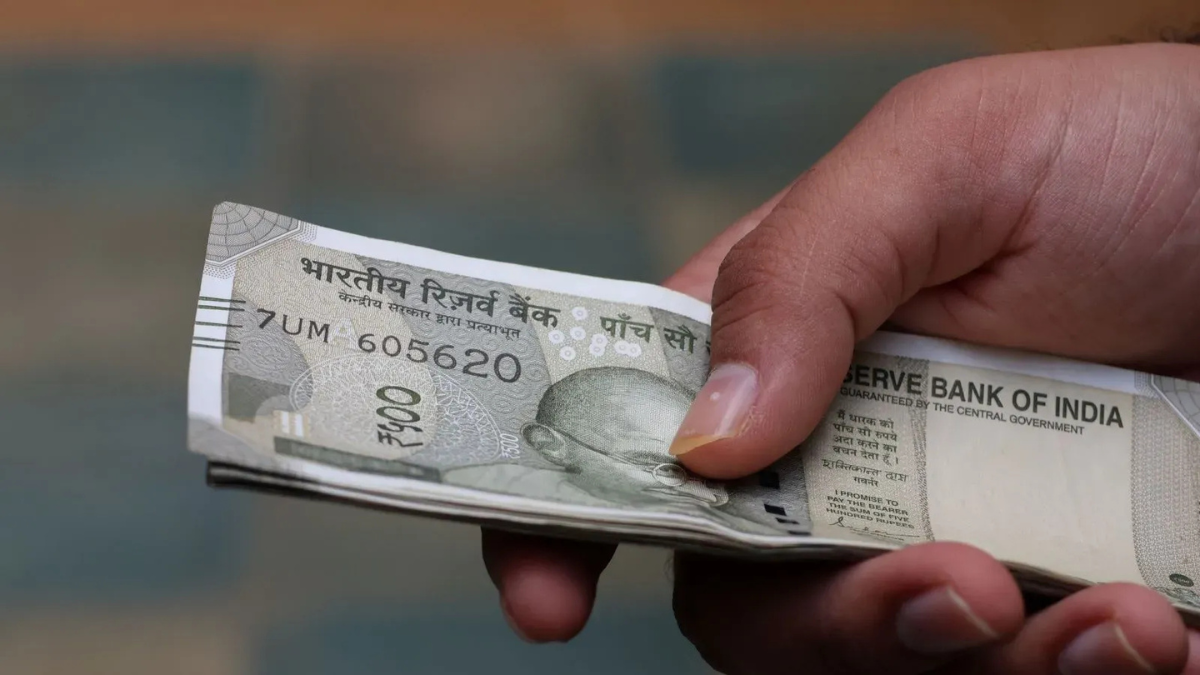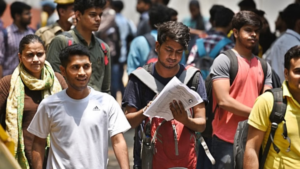The discussion around the 8th Pay Commission has gained momentum as employees eagerly await official updates regarding salary revisions, allowances, and pension benefits. While no formal announcement has been made yet, speculations suggest that recommendations may soon be introduced to enhance the financial well-being of central government employees. Keeping track of these developments is crucial for those preparing for the potential changes in pay structure.
8th Pay Commission: Government Initiates Consultations
The Ministry of Finance has confirmed that discussions are underway with the Ministry of Defence, Ministry of Home Affairs, and Department of Personnel & Training (DoPT) to finalise the terms of reference for the 8th Pay Commission. Once formed, the panel will recommend revisions in pay scales, allowances, and pensions.
Employee Bodies Demand Faster Action
Government employees’ associations have been pressing for quicker decisions. Recently, the Government Employees National Confederation (GENC), affiliated with the Bharatiya Mazdoor Sangh (BMS), met MoS Jitendra Singh to highlight delays. They also sought restoration of the Old Pension Scheme (OPS). The minister assured them that the commission would be constituted soon.
8th Pay Commission Expected Salary Hike and Fitment Factor
- Though official figures are yet to be announced, experts expect the fitment factor to be in the range of 2.0–2.5, which may result in a 30–40% increase in basic pay.
- The current minimum salary of ₹18,000 could see a substantial rise.
- Dearness Allowance (DA), House Rent Allowance (HRA), and Travel Allowance (TA) are also expected to be revised under the new pay matrix.
- Some reports even suggest that salary hikes may go up to 50% in certain pay bands.
8th Pay Commission Timeline and Implementation
Traditionally, pay commissions are implemented once every 10 years, and the 7th CPC came into effect in 2016. Following this pattern, the 8th CPC is expected to apply from January 1, 2026. However, experts warn that delays in appointing commission members and finalising recommendations may push actual implementation into 2027.
What Lies Ahead in the 8th Pay Commission
The 8th Pay Commission is expected to provide significant financial relief to central government employees and retirees. With consultations already underway and employee associations mounting pressure, an official notification on its constitution is likely soon.
8th Pay Comparison with the 7th Pay Commission
The 7th Pay Commission was implemented in 2016 and brought significant changes in pay, allowances, and pension structures for central government employees. With discussions on the 8th Pay Commission, employees are anticipating improvements beyond what was offered earlier. Here’s a quick comparison highlighting the key differences:
- Basic Pay: The 7th Pay Commission fixed the minimum basic pay at ₹18,000 per month, while expectations from the 8th Pay Commission suggest a higher revision to match inflation and rising living costs.
- Fitment Factor: Under the 7th CPC, the fitment factor was 2.57 times the existing pay; the 8th CPC is expected to propose a higher multiplier to ensure better salary growth.
- House Rent Allowance (HRA): HRA in the 7th CPC ranged between 24%, 16%, and 8% depending on city classification; the 8th CPC may recommend an increase in these rates to reflect the rising cost of urban housing.
- Pension Benefits: The 7th CPC brought uniform pension revisions using a fitment formula; the 8th CPC is likely to introduce more employee-friendly pension reforms.
- Allowances: Several allowances were rationalized under the 7th CPC; however, the 8th CPC may expand them further to include newer work-related needs.




 Daily Current Affairs Quiz 23rd February...
Daily Current Affairs Quiz 23rd February...
 Bank of Baroda Office Assistant Exam Ana...
Bank of Baroda Office Assistant Exam Ana...
 Bank of Baroda Office Assistant Memory B...
Bank of Baroda Office Assistant Memory B...








